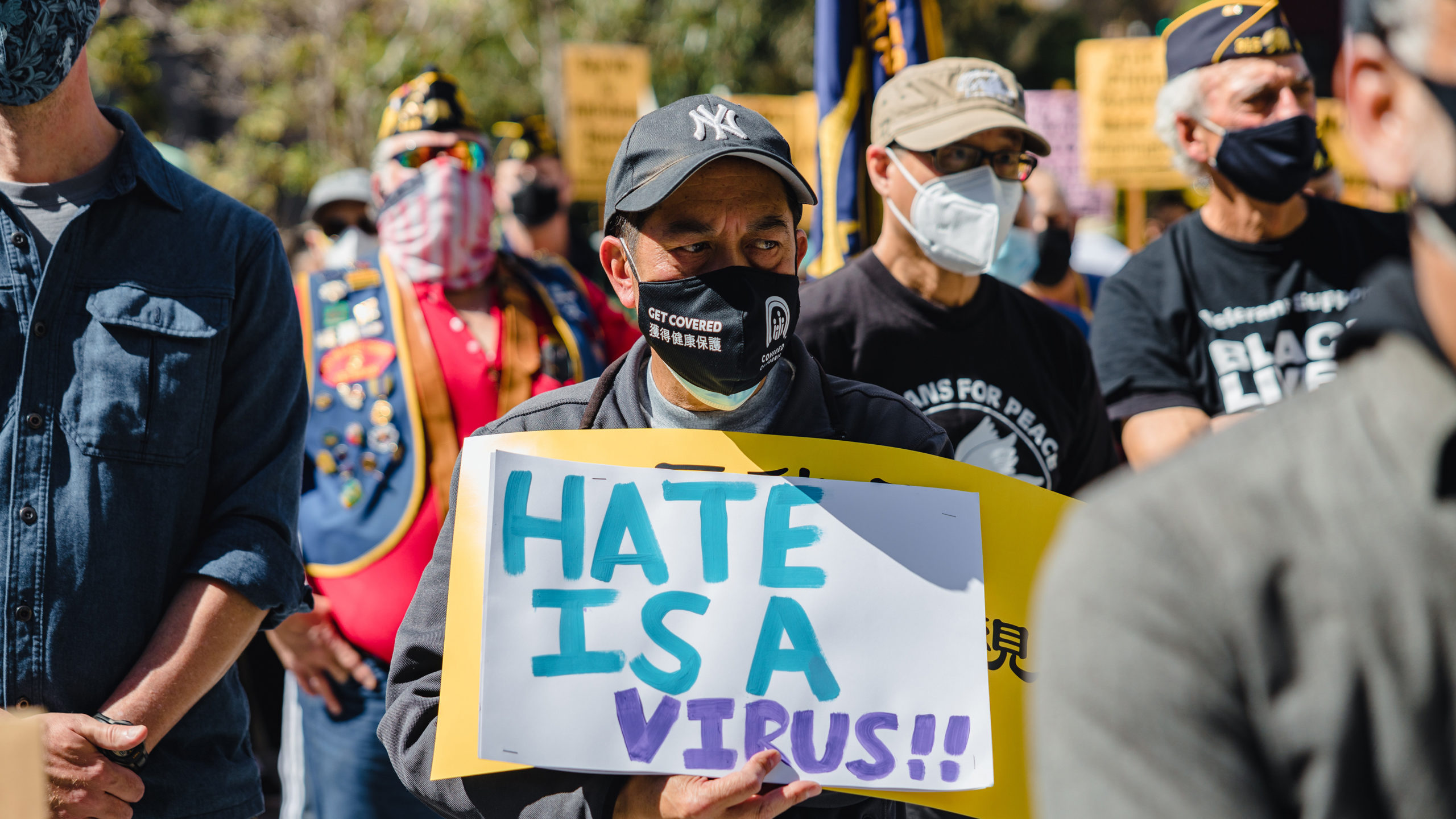A recent survey by security company SafeWise found 82% of Alabamians are fearful of rising violent crime. Trends suggest those fears are well-founded.
While overall crime in Alabama has declined by 17% since 2005, that drop is driven primarily by a drop in property crimes, including burglary and larceny.
The number of violent crimes in the state has increased by 9% since 2005, led by a general upward trend in assault, rape and homicide, according to statistics provided by the Alabama Law Enforcement Agency.
Alabama ranks No. 8 on the list of America’s most dangerous states based on FBI data.
Ripple effects
Fears about violent crime have ripple effects through families, schools and churches.
While Christian parents and grandparents themselves struggle to adjust to rapidly increasing crime rates, they are intensely concerned about the negative physical, mental, emotional and spiritual impact heightened crime is having on their young children.
Little ones are feeling unsafe in their homes, schools, cars, churches and neighborhoods. Children lack mature understanding, and witnessing or hearing about escalating violence makes them feel vulnerable, afraid and often unprotected.
Parents worry about the long-lasting effects of high crime.
With Alabama’s status as one of America’s most dangerous states, Christian pastors and parents are needed now more than ever to help vulnerable, frightened children feel safe in the midst of rising crime and to instill God’s secure promises into their young hearts.
Practical suggestions
What can Christian families do to help young children feel safe, secure and protected? Here are some practical suggestions:
- Pastor Jacob Simmons (Hope Community Church, Birmingham) advises: “Teach children the promises of God. Violence, death, pain and suffering are real, but God is near to us, He will not leave us, and He promises to restore us. “The violence we see is ultimately temporary, and the peace of God will reign forever.”
- Keep young children away from media violence, including television news reports, violent movies, video games, etc.
- Be aware of friends and family members who may allow exposure to media violence.
- Discuss news of violence only when children cannot overhear the conversations.
- Invite children to talk about their fears, and listen closely to their comments.
- Be alert to your children’s body language, which often indicates excessive anxiety or fear.
Signs to watch for include abnormal behavior, aggression toward others, insomnia, self-destructive behavior and/or eating problems. If necessary, seek professional help.
- Pastor Al Jackson (Lakeview Baptist Church, Auburn) says: “Even young children can be taught [the promise of Scripture]: ‘When I am afraid, I will trust in you.’”
- Spend devotional time together as a family, praying and reading scripture.
- Reassure children that home and school are safe places.
- Pastor Daven Watkins (First Baptist Church, Pelham) suggests parents talk directly with children, telling them: “Certainly, there is a lot of fighting, violence and chaos all around us. … There are a lot of people with a lot of opinions, but we want to always trust Jesus and think biblically.
“I want to encourage you to never be afraid, and in all things trust Jesus with unwavering faith. God and His word are always trustworthy and sufficient for us. We can count on our God, Who is bigger than our problems and stronger than our fears.
“There are some things in this world that money can’t fix, the military can’t fix, the president can’t fix, Congress can’t fix, doctors can’t fix, lawyers can’t fix, coaches can’t fix, teachers can’t fix, your parents can’t fix, but there ain’t nothing Jesus can’t fix!
“He is our able, sufficient Savior.”
Click here for more information about anxiety disorders.






Share with others: